Dune Digest 47
The DuneCon Edition
GM
This has been a big week for Dune.
The whole team got together in Berlin to catch up and work together. It was a great time leading up to the big event yesterday:
DuneCon!
It was an absolutely INCREDIBLE day.
The venue was great, the speakers absolutely killed it, and hundreds of Wizards brought amazing energy throughout the whole day.
It was also great to meet so many readers of Dune Digest - you know who you are!
Let’s take a look at a few of the highlights - including some hot takes and big product announcements…..
Fredrik’s Opening Talk
Dune Co-Founder & CEO Fredrik Haga gave the opening keynote.
He took us through an entertaining and insightful big-picture tour of technological progress & innovation, and tied it into the evolution of Web3 in general and Web3 data in particular.
Fredrik began the keynote by posing a big question:
Fredrik’s take:
“You take labor and capital. Something magic happens, and you get economic growth…… Roughly speaking the magic component is innovation”
The overarching theme of the talk was encapsulated in this quote from Matt Ridley’s excellent book How Innovation Works:
So how does this relate to our industry?
Tradfi is not innovative.
its creaking systems are generally:
Closed
Slow
Local
Crypto on the other hand is the logical result of innovation disrupting traditional models of finance.
If you wanted to build a novel product in tradfi, you’d face huge hurdles - of the capital, regulatory & human kinds.
DeFi, by contrast, is permissionless.
Anybody with a good idea and the skills & resources to build it may do so. That’s why it has and will enable far more innovation.
Where does data come into it? According to Fredrik:
“Data is the new oil. Not just in finance but in all domains, living within companies & teams. But it has been siloed. If you want to know what’s going on you have to be an insider. Hedge funds pay huge amounts of money to get a slight information advantage”
In the world of blockchains, however, everybody is essentially using a shared public backend. Anybody can both deploy code to it, and pull data from it too.
“This means the revolution will not be reported quarterly. Private company operations are closed and lost in time. For the few companies that do go public the operational metrics are left in quarterly PDF files. But in crypto we have real time open data”
What does that mean in practice?
It means that now anon crypto pepe has better access to data on his bank than Jamie Dimon, the CEO of J.P Morgan.
Our Twitter followers seem to largely agree:
The beauty of open data is that it allows would-be innovators in the space to see everything that has ever been tried, whether they succeeded or failed and why!
As opposed to Web2, this creates an industry wide feedback loop…..
“This is a profound difference that creates an evolutionary force much stronger than inside traditional companies”
Remember the earlier quote on innovation?
“Innovation must have a dynamic and open economy in which new companies, upstarts and outsiders can challenge the status quo”
Well…….
Investing, building and researching are made much, much more efficient and the world in turn can progress much faster.
This is why we believe in blockchains.
It’s why we want to speed up this process as much as possible. It’s why our mission is to make crypto data accessible.
“We want to unleash and compound knowledge residing in this data. Make it a practical reality and take it as far as possible”
It’s a significant task. But we aren’t doing it alone…….
“I think of Dune not just a tool, but as a tool and a community working together. Us folks working on the Dune tool are doing everything we can to empower you, to help you succeed, to give you clout, to get you paid”
The Dune community really is one of a kind. And meeting you all in person really hit different.
“I check our Discord every day and I see people learning, taking on challenges, helping each other out, paying it forward, passing on not just queries to fork but know-how. Even though prices have been down you’ve been keeping at it - churning out amazing queries and dashboards, working together!”
Yesterday was all about putting faces to avatars, learning people’s stories, and coming together through a shared purpose.
Now that we’ve reviewed why the data must flow, let’s move on to how it will flow……
Mats’ Big Product Reveal…..
Fredrik ended his talk by paying tribute to his Co-Founder and Dune’s CTO Mats Olsen as the OG Wizard:
“Whenever this one man army of a coder shipped something useful, a new dataset, a new feature, or simply optimized the hell out of my SQL queries I was thinking this is a Wizard. And that’s how the Wizard term was first coined”
Mats then started to speak about what we’re doing to make crypto data accessible, and what it will take to get there.
The Dune community has shifted over the past months and years.
In the early days it was largely individuals and smaller teams. Now, they’re still the core, but the community has grown to include organizations of all sizes.
Collaboration is the glue that binds everything together:
“Collaboration is what makes the Dune community. We build on each others work. We help each other. We pay it forward. We advance crypto. We share. I am very pleased to say that Dune is becoming more collaborative”
One of our key priorities is to enable this collaboration as much as humanly possible.
Groups of all shapes and sizes should be able to collaborate on Dune. That’s why we recently built and launched Teams, which will become increasingly powerful and flexible over time.
Dune has evolved a lot in terms of the data we can process and handle. But the task is far from finished.
For example, for one of the newest chains we added - Solana - we expose over 500gb of data daily. Solana produces more data every 20 days than Ethereum has over its entire lifetime!
This week The Merge finally happened, and will eventually lead to a lot more data too.
The trend is clear. More data, more chains. More to digest, process and analyze.
Crypto is the largest open dataset on the planet. And if it fulfills its potential, it’s going to get much bigger. We’re building accordingly:
Dune runs more than 10 Million SQL Queries per month.
That’s only the beginning though:
“What about the future when crypto realizes its potential? We’re building for a reality where the entire world uses crypto. Enormous scale. I think about this a lot, and it has great implications for how we design our infrastructure. It led us to the Dune Engine….”
Dune Engine was launched earlier this year:
Dune Engine is what will power the platform into this more exciting and demanding future.
It will also allow us to offer different levels of performance to different users:
The free community tier will retain access to an excellent experience that will get better and better over time. But users and teams on paid plans will have access to a lot more compute.
Dune Engine will also allow you to query the result of any other query, so you can build on top of the work of fellow Wizards, eliminate duplication of effort, and reuse logic across queries. In effect, you’ll be able to build pipelines!
Along with Dune Engine, we also launched Spellbooks - which allows Wizards to contribute to community made, standardized abstractions.
There’s only one thing missing…… Our most requested feature of all time…..
“Ever since dune got traction this has been the most requested feature from us every day. User requests left and right. At the scale of Dune it has been challenging to build”
We built it though. And now we’re very excited to announce…..
The Dune API
The Dune API can turn any query into an API endpoint, and will allow you to build anything with Dune data.
It will open up a world of building on top of Dune, and will increasingly blur the line between Wizard and developer.
Wizards = Developers
Developers = Wizards
Some of the attendees at DuneCon and ETHBerlin got their hands on API keys already. But we will be launching self-serve in November.
We can’t wait to see what you build.
How a VC Does Due Diligence using Dune Data with Richard Chen
Richard Chen is one of the most powerful Wizards in Dune history, General Partner at 1confirmation, and all round gigabrain.
He gave a very interesting talk yesterday at DuneCon. Let’s look at some highlights….
Richard began his talk with some general advice on reading Dune graphs. He explained that successful projects tend to follow similar trajectories in terms of their KPIs, which we can see on Dune.
A classic example of this is OpenSea, but Richard also cited SuperRare and Nexus Mutual as examples too.
Richard went on to give some golden advice - context really matters when reading Dune Graphs.
Unlike the Web2 world, crypto has:
Ponzi tokenomics
Yield farming
Internal team drama that goes viral on Twitter
These all muddle the data…..
“Just because a Dune graph is up and to the right it does not mean that the project is a rocket”
He then went deeper into everyone’s favorite, ponzi tokenomics:
When it came to yield farming, Richard came out with a very quotable take:
“Paying somebody with tokens to use your product is not product market fit”
Indeed!
The issue is with platforms incentivizing usage before they have found product market fit. This can scramble the signals you need to actually find it, leading to you “flying blind”.
Finally, product and team matter.
On the product end - you can’t just copy, you need to innovate!
The team is also crucial. Look for missionary rather than mercenary founders, and teams who work cohesively.
These two together, according to Richard, explain how Uniswap buried rival Sushi.
Richard caused a few chuckles when he said that Sushiswap internal politics were “like something from Game of Thrones”….
Richard wrapped up with some hot takes.
Hot take 1: Marketplaces > Aggregators
Hot take 2: NFT Financialization > NFT Marketplaces
At the end, Richard had one request to the audience - to help him to flippen Fredrik as the most starred Wizard ever.
He was a few hundred stars behind at the time……
Phones started to come out in the audience, and before he’d finished his final remarks - the flippening had occurred!
As it stands at the time of writing, there’s 22 stars in it:
Congratulations to Richard and a big thanks for sharing the alpha with us!
Web3 in Data with Tomasz Tunguz
Tomasz Tunguz is the Managing Director of Redpoint, and one of the most tuned in people in data and tech.
He has worked with Dune in the past, and yesterday gave us an awesome whistle-stop tour through the big trends in the space.
Tomasz started out with an interesting observation.
There are about 2.5 Million daily active users across blockchains.
But there are about 5 Billion on the internet.
The point? Crypto is still niche on the global stage, and hasn’t even approached its potential in terms of scale.
CEX vs DEX
Furthermore, there are about 90 Million active users on centralized exchanges.
CEXes are looking pretty healthy. What about DEXes?
Unique DEX buyers increase 5.5% per Quarter, but it's volatile, & that's in the face of a 90% reduction in overall DEX volume since June!
According to Tomasz:
"The trading volumes in decentralized exchanges are falling significantly faster than CEXes"
The decline mirrors that of custodial ETH wallets:
Tomasz also pointed out that COIN stock and the $UNI token correlate very closely, especially in terms of trading patterns.
Are the same people, sophisticated investors, looking at both as alternative assets to hold?
L2
L2s represent 30-40% of Ethereum transactions - but only <2% of gas fees!
Ethereum is inevitably going to be the ultimate settlement layer, but the average transaction will be settled on L2s….
There is also around 250m net inflow monthly to L2s - healthy!
Developers
How many developers is Web3 attracting?
Not enough, according to Tomasz. There are about 27 Million devs in the world, but only around 16k Web3 devs, with 6k active weekly.
We have a long way to go here - and need millions!
About 300k contracts are deployed to Ethereum every month:
NFTs
Tomasz noted that NFT volumes have dramatically in recent history:
Now 40% of NFT buyers are on Solana, but Solana NFTs are on average just 10% the price of their Ethereum counterparts, with Eth NFTs remaining 90% of GMV.
Ethereum is likely to remain the gold standard for NFTs, while other chains like Solana will expand the overall market and enable new use cases.
Valuations
We’ve seen that the ecosystem has relatively few users - and very few developers.
Tomasz commented that "we're not even in the first inning"……
As institutions entered the market, behavior on CEXes and DEXes has also converged.
To paraphrase Tomasz:
"I think the space is becoming more mature, and we can see this in valuations. Within the last year, 4/5 of categories have started trading at very narrow bounds. An NFT marketplace is now trading at the same multiples as Web2 companies.... A big step in terms of sophistication”
Tomasz concluded by making the point that the valuations of Web3 companies are coming more into line with reality, and will increasingly become a function of revenue:
What a great talk!
Speakers ❤️
There were so many great talks, unfortunately we couldn’t cover every one in this edition (it’s already too long for your inbox)!
A huge thank you to:
Danning Sui from 0x Labs, who gave a dizzyingly impressive talk on the evolution of DeFi’s user base
Austin Adams & Xin Wan from Uniswap Labs for their deep and enlightening talk covering Data Science on Uniswap v3
Ivan Molto & Fred Hjalmarsson from GitcoinDAO for teaching us all about governance through data
Elias Simos from Rated, for sparkig joy with his great story of going from Wizard to Founder (and also for DJing at the afterparty!)
Mario Gabriele for his great AMA with Fredrik & Mats
Ben Smith from CoW protocol for his excellent session on building back-end Data infrastructure
Andrew Hong for teaching us how to properly leverage data communities
Grigorii Shestakov & Irina Katunina from Lido for their amazing breakdown of how they do analysis
Wizards Hildebert Moulie, Kofi Kofuor, & Chuxin Huang for their great advice on careers in Web3!
Huge shoutout to the Dune team members who got on the stage too, awesome work Florian, Meghan, Alex & Jackie.
And of course our great thanks to the staff at the event - from the coffee van guy to the sound engineers and hospitality staff - all real pros who made everything run like clockwork without hiccups.
Finally, thanks to all the Wizards for coming. As we suspected, you are truly a great bunch and created the perfect atmosphere both in the conference itself and the afterparty!
GN
We’re all pumped from DuneCon and can’t wait to do it again. We’re also very excited about releasing the API….
If you joined us - it was great to meet you! If you didn’t make it, we’ll be posting the recordings of all the talks over the next week or two, and publishing detailed writeups too!
See you again next week, where we’ll be back to our regular program of data, dashboards & Wizardry.

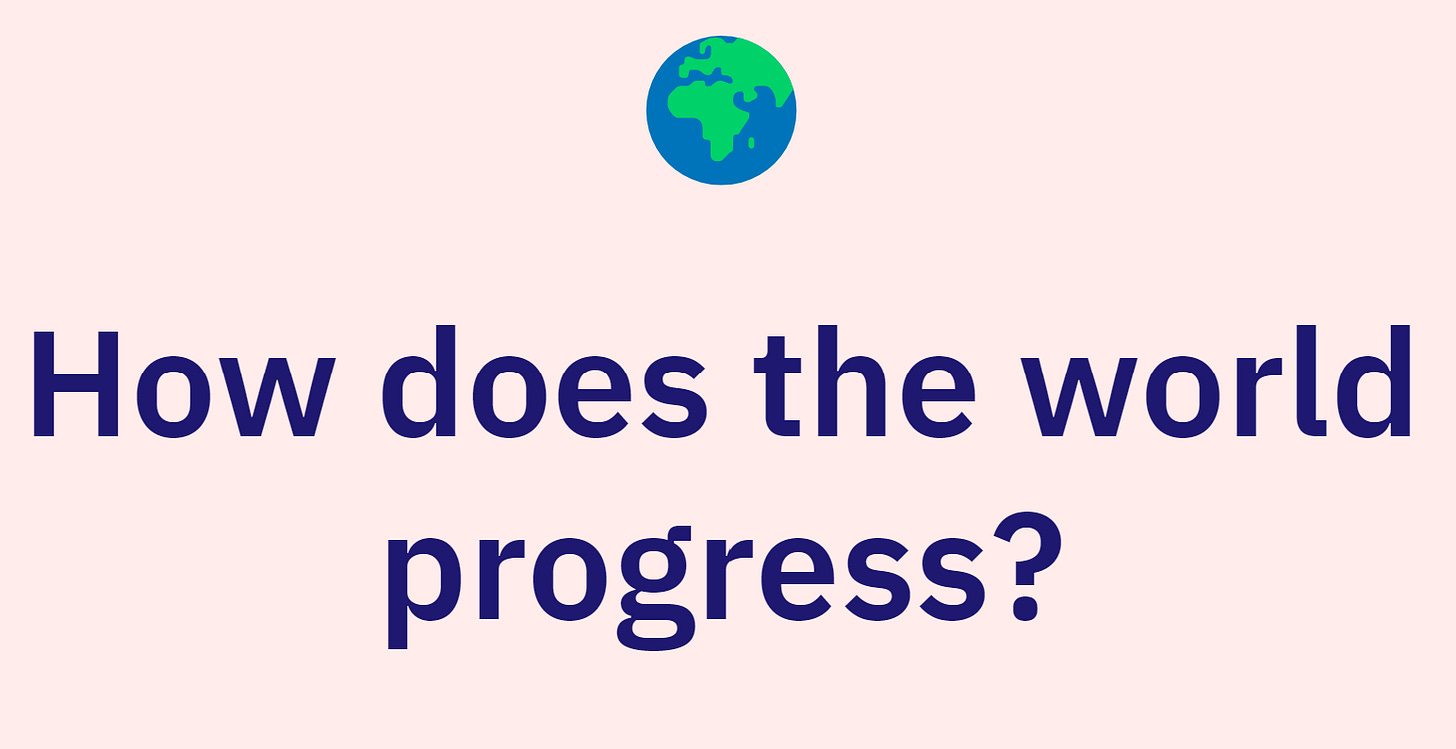


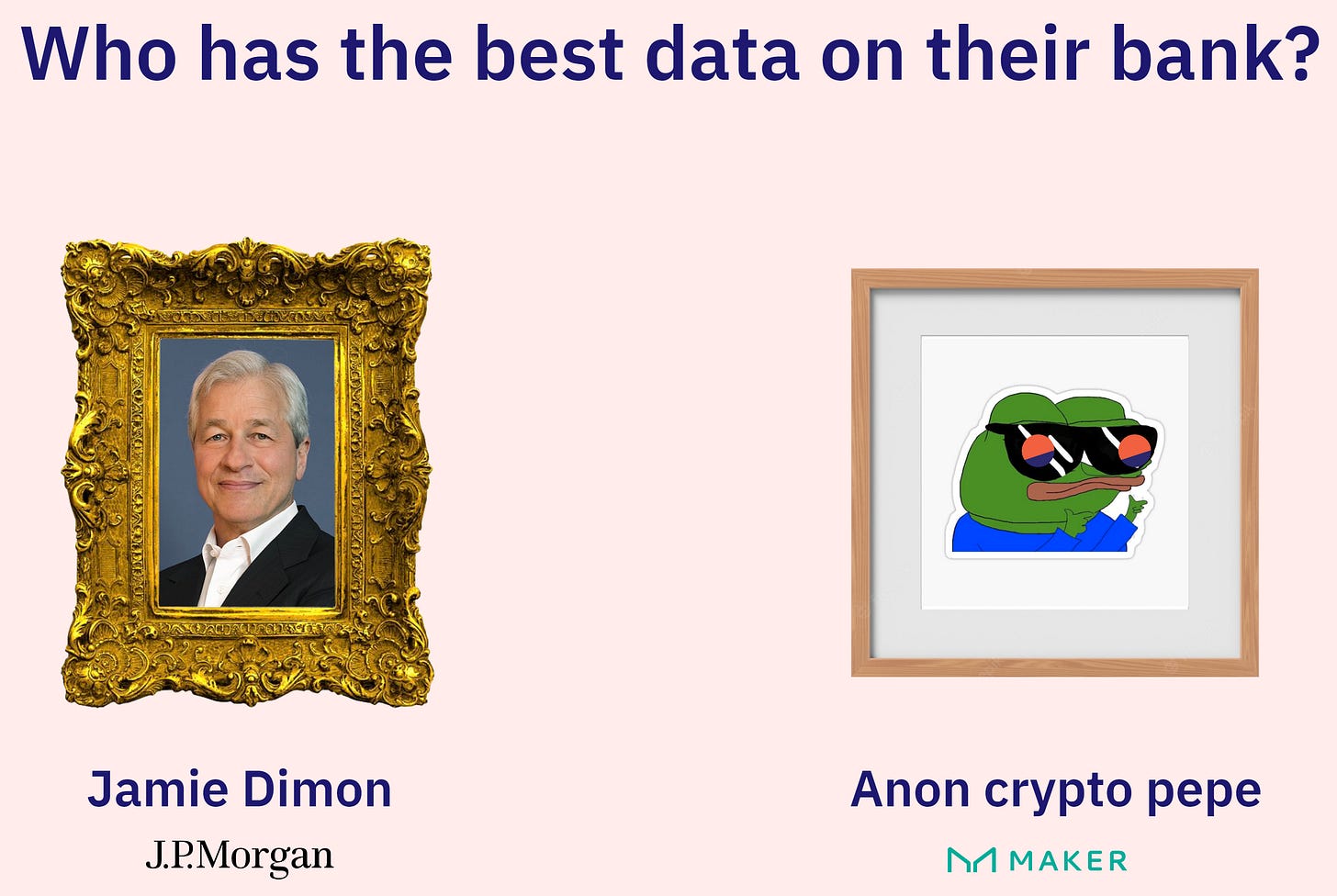



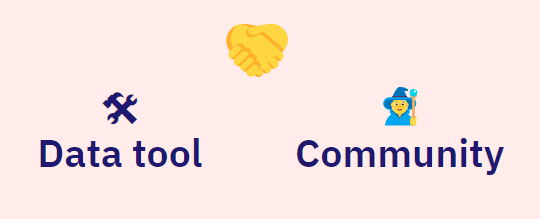

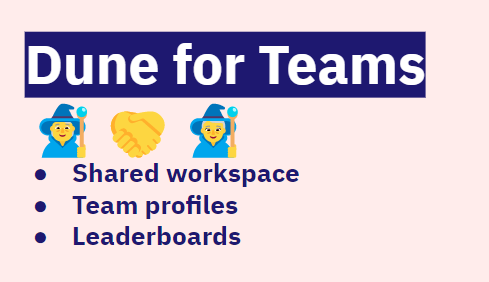
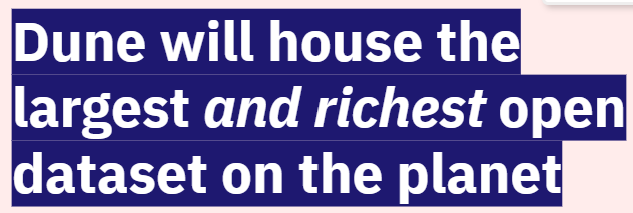
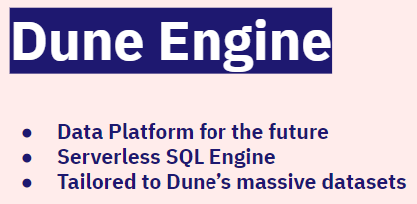

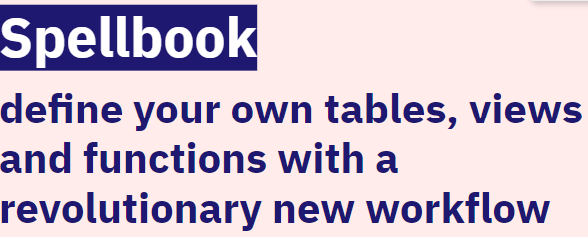
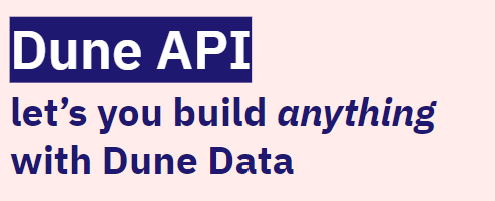
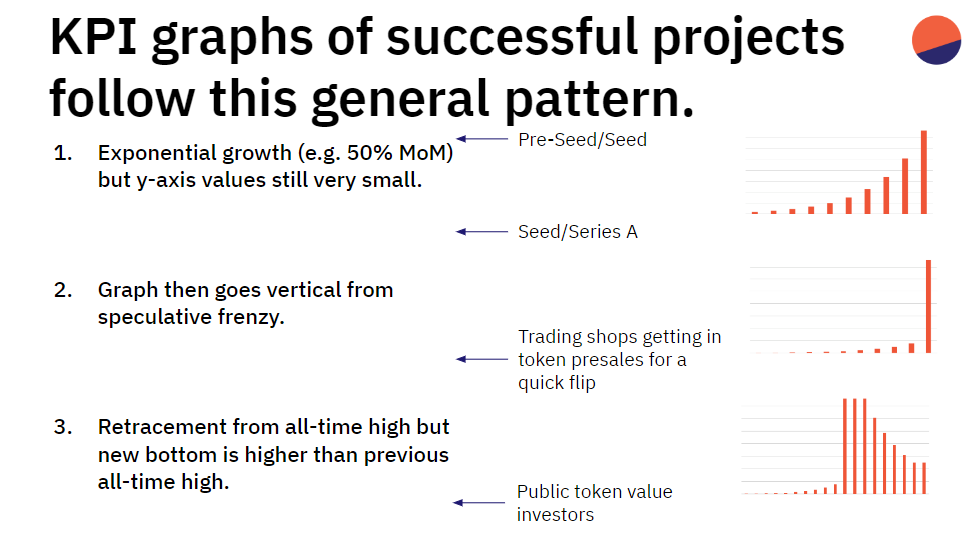
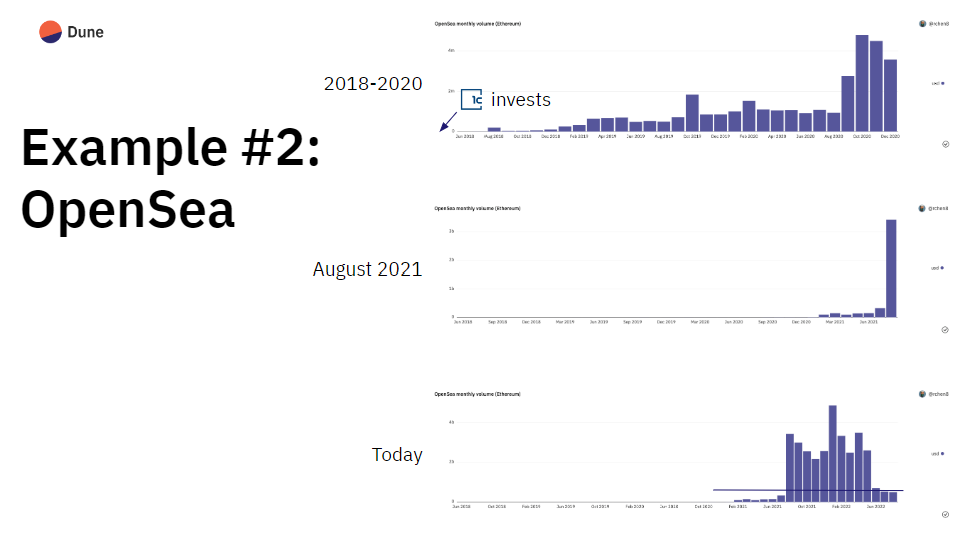
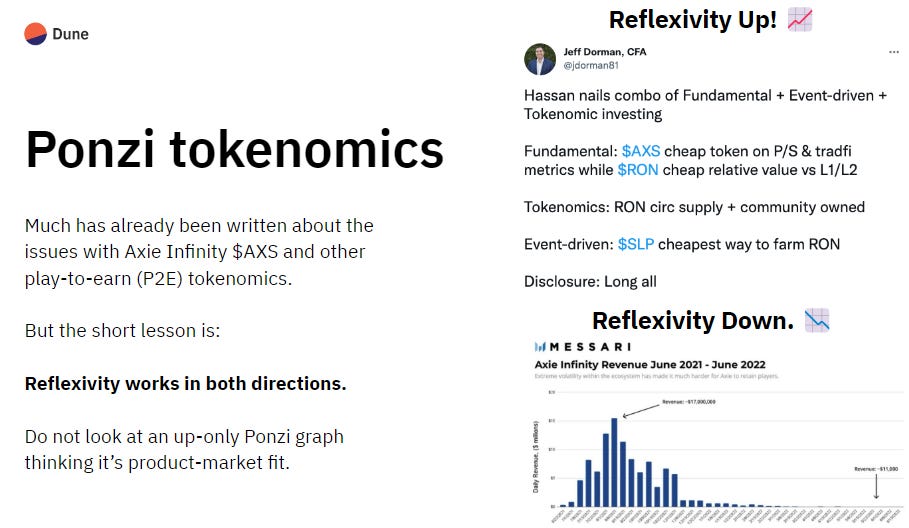
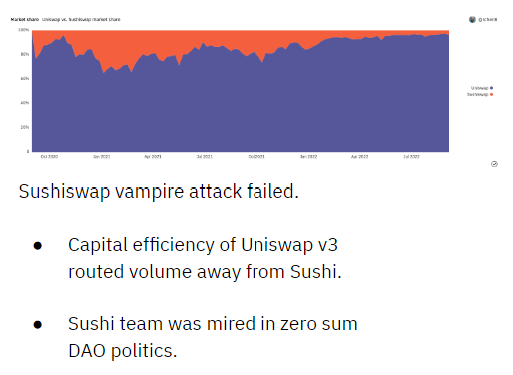
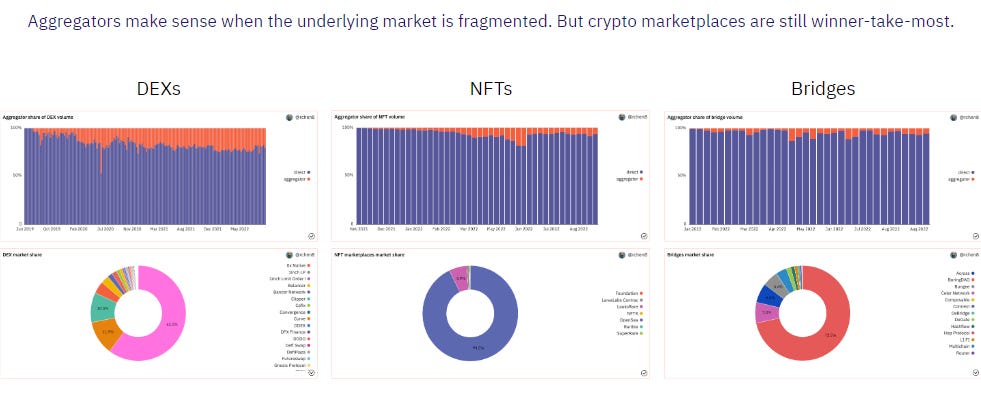
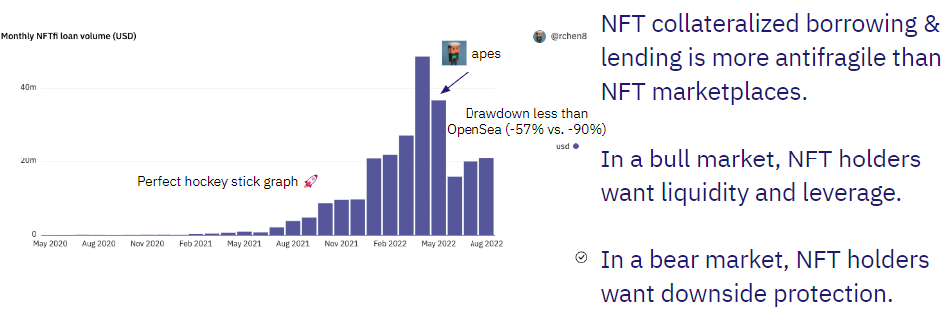


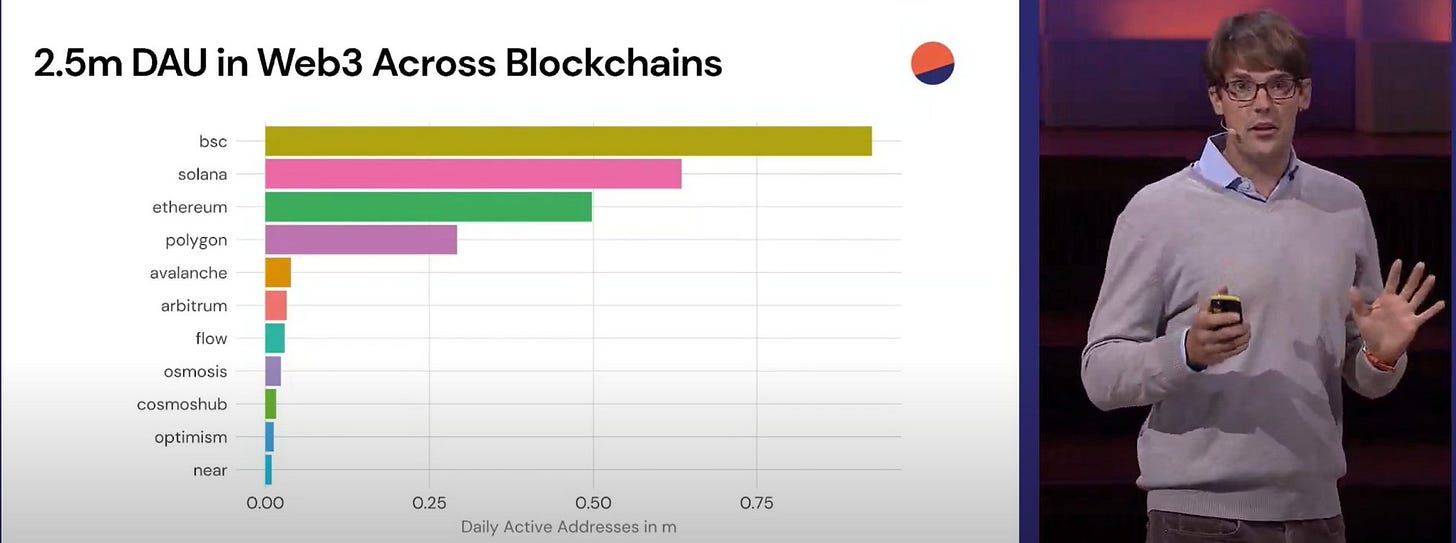
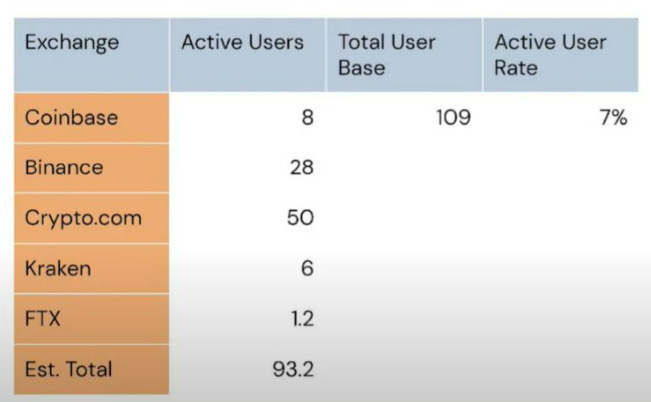
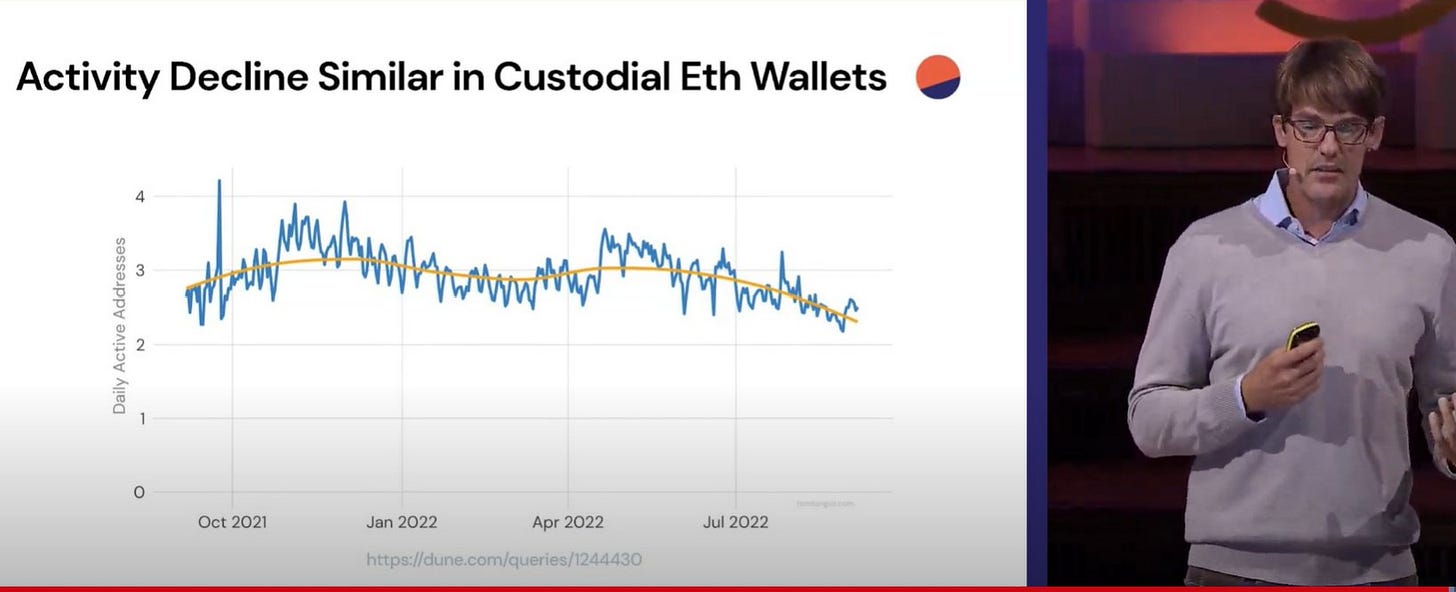
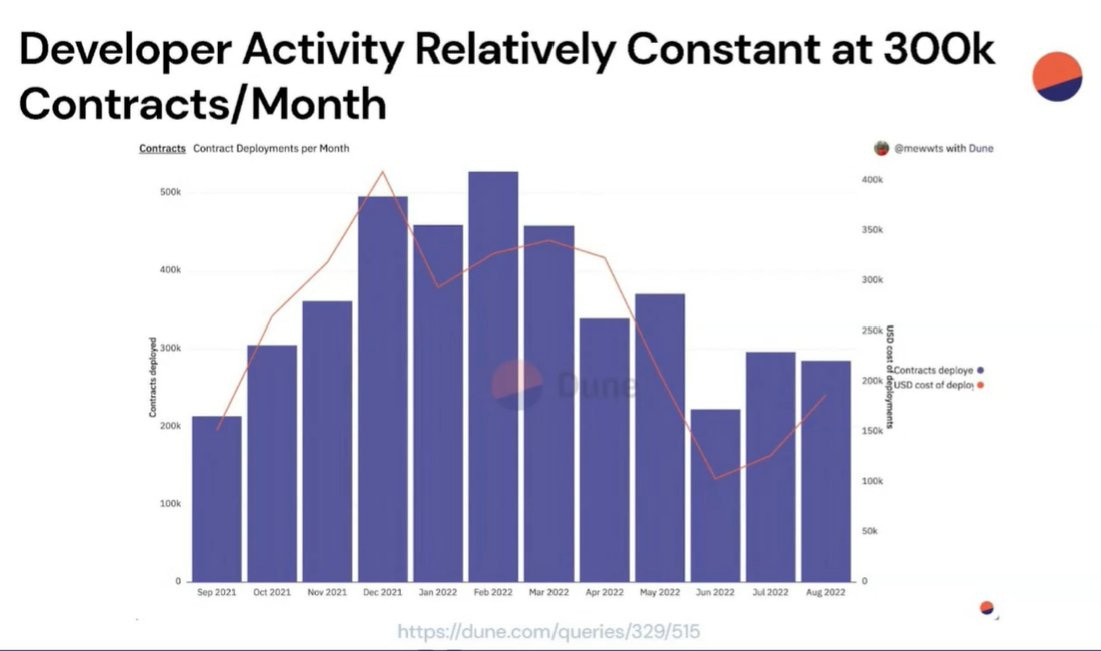
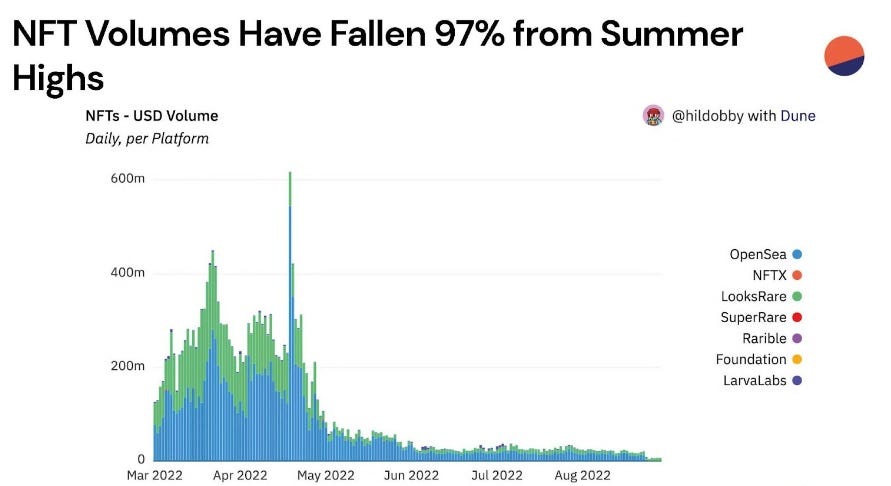
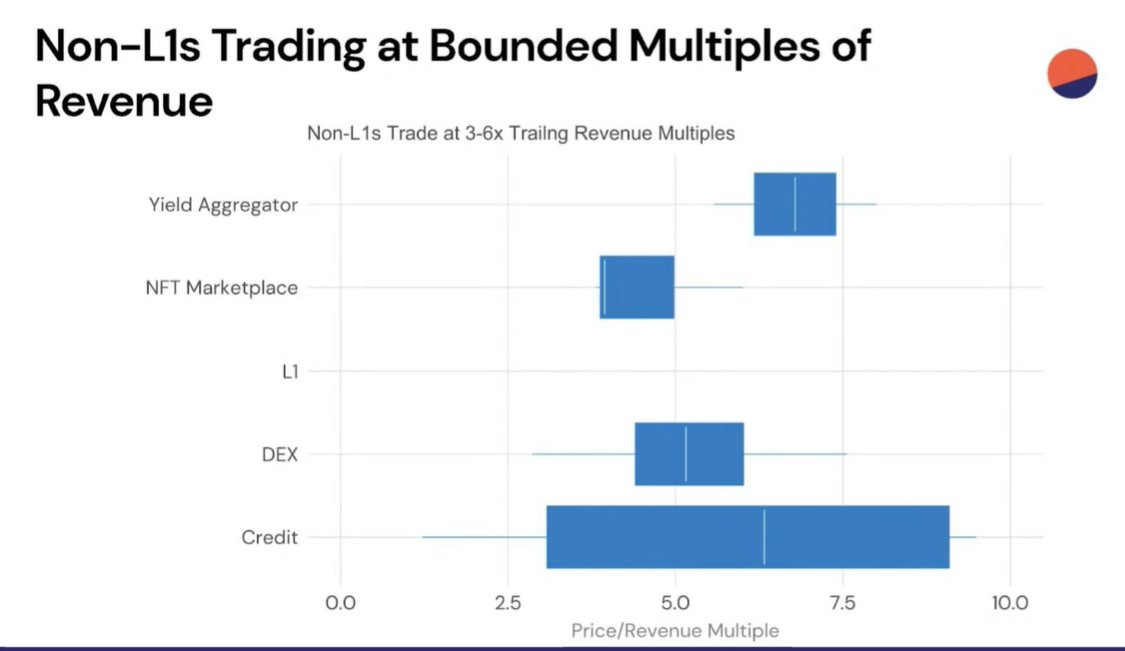

Wow, I want to be a part of this community right now.